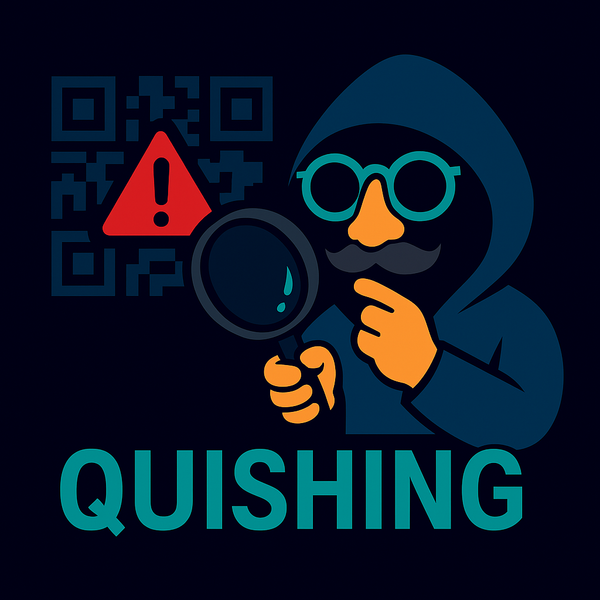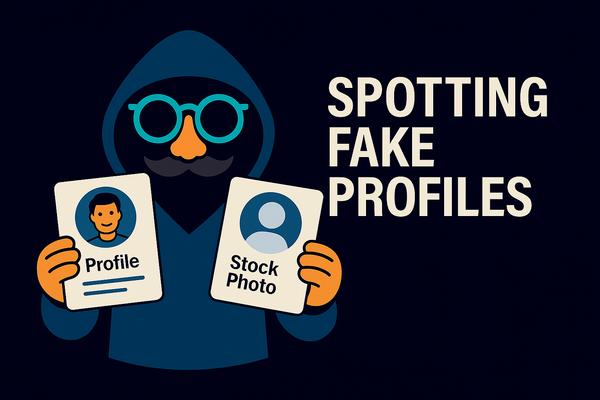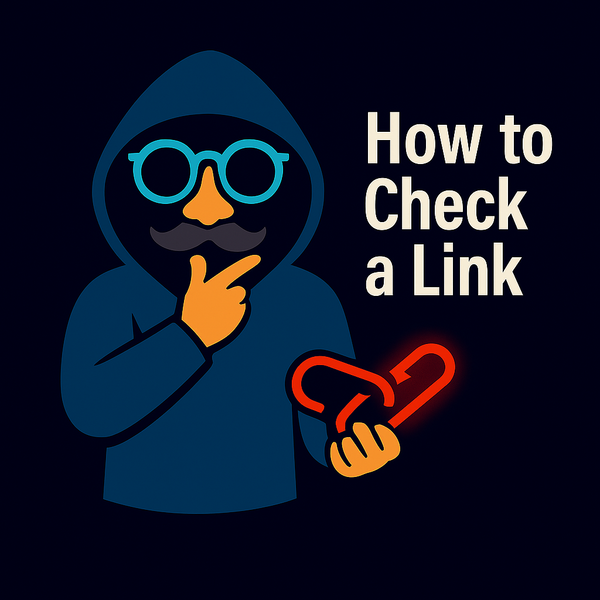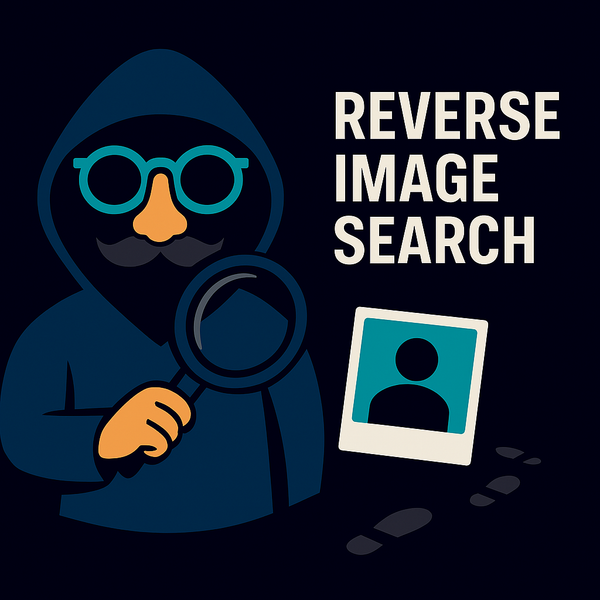Digital Hygiene: best practices to keep you safe
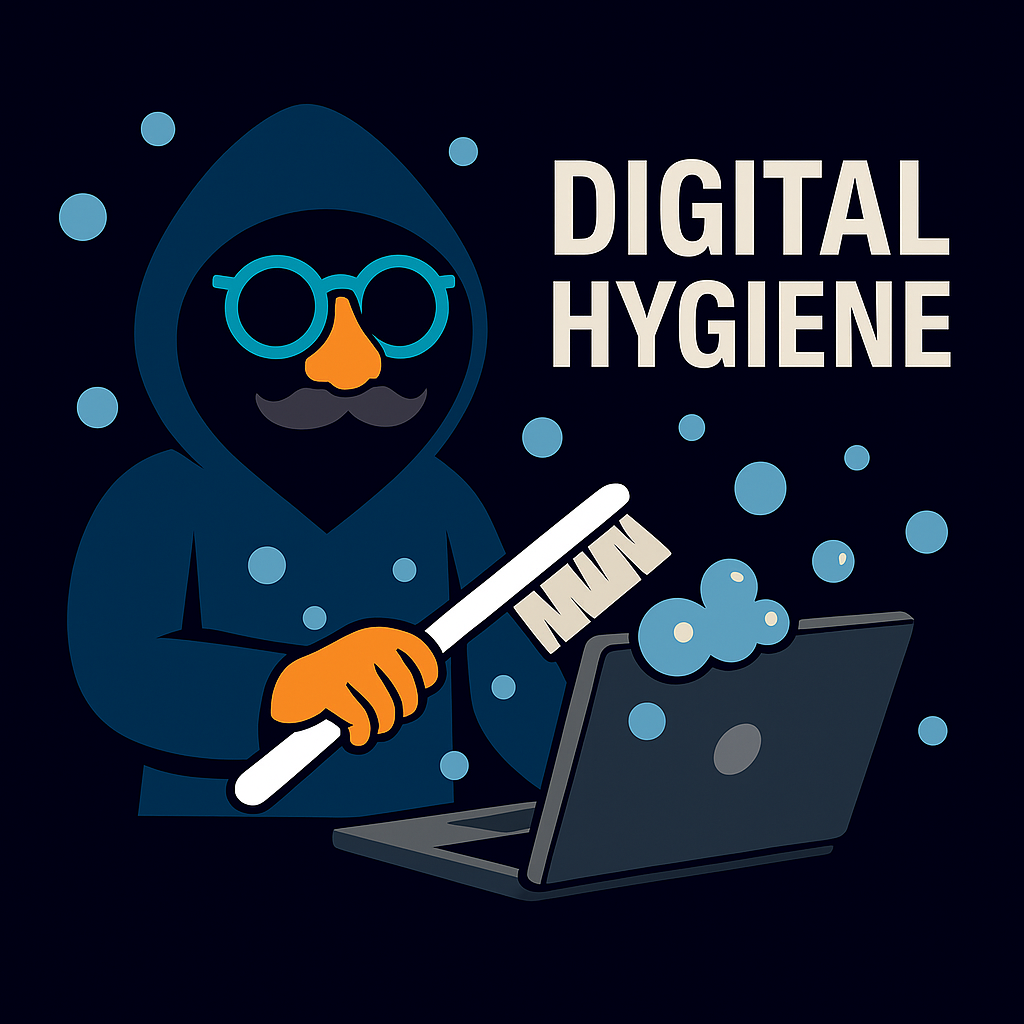
Agent Alias reporting.
Digital hygiene is just like brushing your teeth or taking a shower. Skip it, and things get smelly real fast. Online, that “smell” is hackers, scammers, and nosy strangers sniffing around your accounts.
But here’s the good news: good digital hygiene doesn’t require advanced spy training. It’s just small, everyday habits anyone can practice. And today’s mission is your final White Hoodie lesson — the basics every rookie agent needs.
Password Safety
Let’s face it, most people recycle the same one or two passwords everywhere. (Yes, even you.) That’s like having one key that unlocks your house, car, and secret agent base. Bad idea.
Here’s how to clean things up:
- Use a password manager.
Store complex passwords securely and stop writing them on sticky notes.- Recommended: Bitwarden — free, open-source, constantly updated by pros.
- Enable 2-Factor Authentication (2FA).
Even if your password leaks, 2FA keeps intruders out.- Recommended: Bitwarden Authenticator — lightweight, private, and not tied to Big Tech.
- Check if you’ve been hacked.
Your “clever” password might already be floating on the dark web.- Use HaveIBeenPwned to check if your credentials have leaked in a breach.
These tools are free and secure, so it would be wise to check if your secure.
Email protection
Your email is the crown jewel of your online identity. If attackers get it, they can raid all your connected accounts.
- Audit your email. Run your address through HaveIBeenPwned to see if it’s been compromised.
- Separate accounts. Don’t use one email for everything. Create different ones for:
- Banking & finance
- Social media
- Newsletters/shopping
- Upgrade your email provider.
- Recommended: Proton Mail — Switzerland-based, with world-class privacy laws.
Device protection
Phones, tablets, laptops — they’re your daily spy gadgets. Don’t let them become liabilities.
- Update regularly. Security patches exist for a reason. Attackers love outdated systems.
- Turn on auto-updates. Saves you from “I’ll do it later” syndrome.
(Tutorial coming soon in the dojo.)
Online Identity Check
Sometimes the easiest recon is on yourself.
- Google yourself. See what photos, addresses, or old posts are floating around.
- Take notes. If you find things you don’t want public, mark them for removal later. ( we will show you how)
Social Media Check
Your posts are little breadcrumbs for attackers. Let’s sweep up.
- Update privacy settings. Default settings often overshare.
- Don’t overshare. Vacation pics while you’re still away? That’s an open invite for burglars.
- Vet friend requests. Not everyone in your inbox is a friend. Some are spies in disguise.
Dojo Mini-Mission
Your White Hoodie challenge this week:
- Run your email through Have I Been Pwned.
- Update one weak password in your password manager.
- Google yourself — what’s the first thing that comes up?
Why this matters
Digital hygiene is about knowing your online self. If you don’t like what you see, imagine what a scammer sees.
By practicing these habits, you:
- Reduce your risk of scams and hacks.
- Take control of your digital footprint.
- Build awareness that makes you unshakable online.
Final thoughts
Congratulations, rookie. You’ve completed the White Hoodie Series — Beginner Level.
You’ve learned to:
- Run reverse image searches.
- Verify links safely.
- Spot fake profiles.
- Practice digital hygiene.
From here, we’ll move deeper into the dojo with more advanced spycraft. But for now, keep your digital toothbrush handy.
Mission complete. Stay sharp, stay silly.
— Agent Alias
